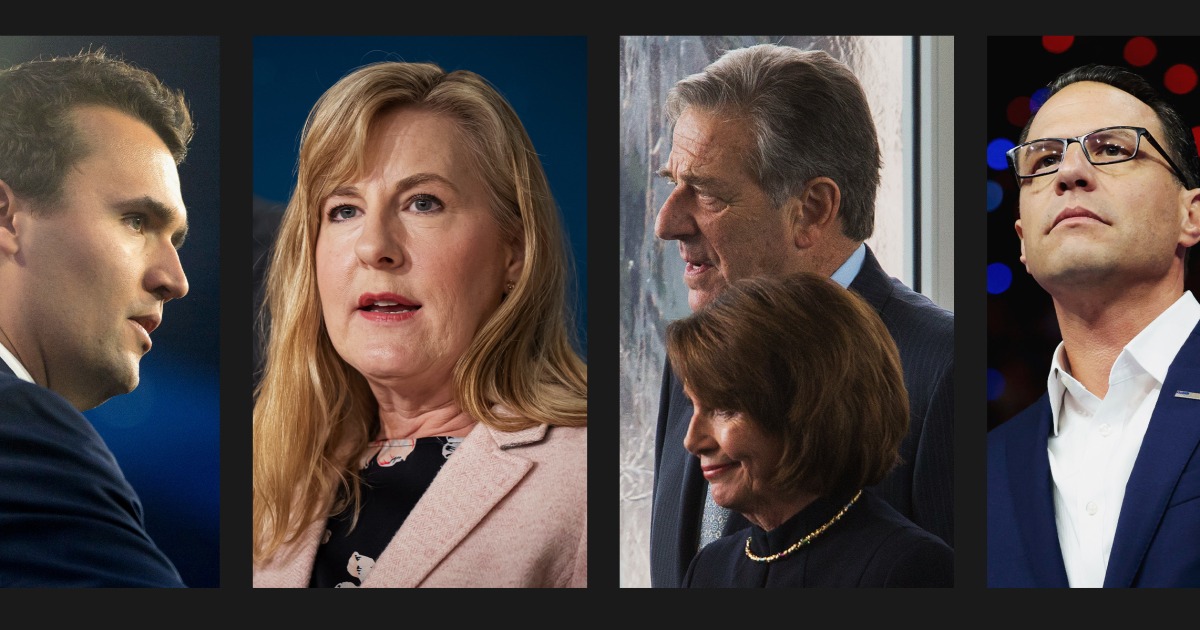The Radicalization Crisis in America: From Charlie Kirk to Political Violence
The recent killing of conservative activist Charlie Kirk has ignited a national conversation about the rising tide of political violence and radicalization in the United States. This incident, along with the earlier murder of UnitedHealthcare CEO Brian Thompson, has exposed a disturbing trend of dehumanization and justification of violence, particularly among certain segments of the population. The article will delve into the events surrounding Kirk's death, the reactions it provoked, and the broader context of political violence in America.
The Murder of Charlie Kirk and the Disturbing Reactions
On September 10, 2025, Charlie Kirk, founder of Turning Point USA, was shot and killed during an event at Utah Valley University. The suspect, 22-year-old Tyler Robinson, reportedly harbored a hatred for Kirk and was in a relationship with roommate Lance Twiggs. The aftermath of Kirk's murder revealed a deeply troubling undercurrent of celebration and justification for violence.
"Violence almost never originates in a vacuum, and the killing of a high-profile political content creator — regardless of why it happened — speaks to a breakdown in our social order." - Hasan Piker
Following the shooting, various figures and publications made statements that seemingly minimized or justified the act. Hasan Piker, a controversial political commentator, published an op-ed implying that Kirk's murder was a symptom of societal breakdown, despite his own history of inflammatory rhetoric. The Nation published an article labeling Kirk a "racist, transphobe, homophobe, and misogynist" who deserved no mourning.
Echoes of the Brian Thompson Murder
The reactions to Kirk's death are eerily reminiscent of the response to the murder of Brian Thompson, the UnitedHealthcare CEO, who was shot and killed in New York City in December 2024. In that case, some individuals celebrated the killer, Luigi Mangione, as a vigilante hero standing up to the health insurance industry. Even prominent figures like Sen. Elizabeth Warren appeared to suggest that the murder was a warning to the healthcare system.
"The visceral response from people across the country who feel cheated, ripped off, and threatened by the vile practices of their insurance companies should be a warning to everyone in the healthcare system... Violence is never the answer, BUT … people can only be pushed so far." - Sen. Elizabeth Warren
Rising Acceptance of Political Violence: A Dangerous Trend
Recent polls and studies indicate a growing acceptance of political violence, particularly among younger and more liberal individuals. A YouGov poll found that 34% of "very liberal" or "liberal" individuals believe that political violence can be justified to achieve goals. A Rutgers University study showed that 70% of liberals say killing President Donald Trump is partially or completely justified. This increasing normalization of violence is fueled by online echo chambers, particularly on platforms like BlueSky, where Kirk's murder was celebrated.
The Parallels to Counterterrorism Analysis
The dynamics observed in these cases bear a striking resemblance to the pathways of radicalization identified in early 2000s counterterrorism work. The process of grievance, reinforcement, and eventual violence is evident in America's domestic landscape today. Understanding these patterns is crucial to interrupting the cycle of hatred and violence.
A Call for Reflection and Recovery
The murders of Charlie Kirk and Brian Thompson, and the subsequent reactions, serve as a stark warning about the state of political discourse and the potential for violence in America. The question now is whether the country can overcome this dangerous trend of dehumanization and rediscover a path towards civil dialogue and mutual respect. The rise of social media as a breeding ground for radicalization also needs serious attention. Can America recover from this crisis of radicalization and political violence?
 Visit the website
Visit the website




